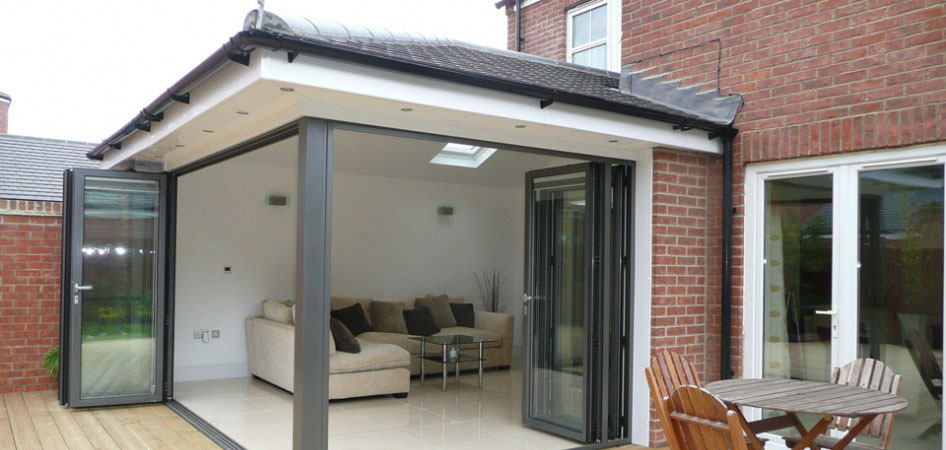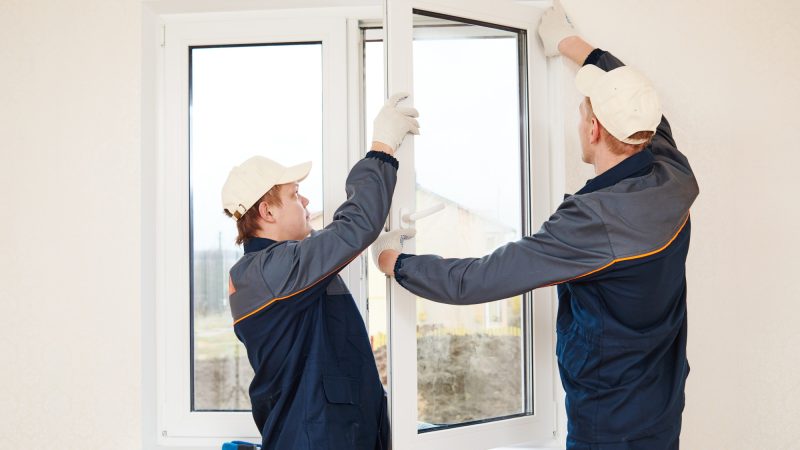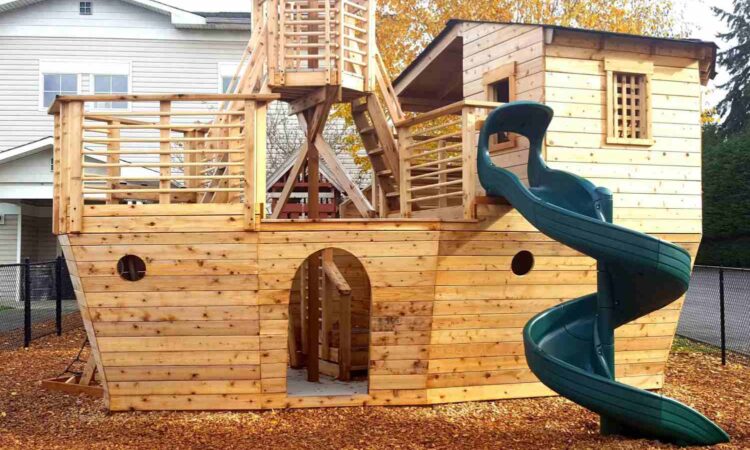How much does a home extension cost

A home extension\ is a great way to add extra space and value to your home. However, before you start planning your dream extension, it’s important to know how much it is likely to cost. In this article, we’ll take a look at the average cost of a home extension, as well as the benefits and drawbacks of extending your home. If you’re thinking of extending your home, it’s important to weigh up the pros and cons carefully. On the one hand, an extension can give you the extra space you need and add value to your property. On the other hand, it’s a big investment, and there are a number of things to consider before you take the plunge. In this article, we’ll explore the average cost of a home extension, as well as the benefits and drawbacks of extending your home.
The Cost of a Home Extension
The cost of a home extension can vary greatly depending on the size and scope of the project. However, on average, a home extension will cost between $20,000 and $50,000. The cost of the project will also depend on the type of materials used and the location of the home.
The Benefits of a Home Extension
There are many benefits to building a home extension. One of the most obvious benefits is the increase in living space that an extension can provide. This can be especially beneficial if your family is growing or if you entertain often. Another benefit of a home extension is the potential for increased resale value. A well-designed and executed extension can add significant value to your home, making it more attractive to potential buyers should you ever decide to sell. Finally, a home extension can simply be a great way to update and improve your home’s appearance and functionality. By adding an extension, you can change the look and feel of your home, making it more comfortable and stylish.
The Types of Home Extensions
There are many different types of home extensions that you can choose from, depending on your needs and budget. Some of the most popular types of home extensions include: 1. Single-storey extension: A single-storey extension is a great way to add extra space to your home without having to move house. It can be used for a variety of purposes, such as an extra bedroom, bathroom, office or playroom. 2. Two-storey extension: A two-storey extension is a more substantial project than a single-storey extension and will usually require planning permission. It can be used to create additional living space, such as an extra bedroom or bathroom, or to extend an existing room, such as the kitchen or living room.
Loft conversion: A loft conversion is a great way to make use of the unused space in your loft and can be used for a variety of purposes, such as an extra bedroom, office or playroom. 4. Garage conversion: A garage conversion is a great way to add extra living space to your home without having to build an extension. It can be used for a variety of purposes, such as an extra bedroom, bathroom, office or playroom. 5. Conservatory: A conservatory is a great way to add extra living space to your home and can be used all year round.
The Process of Building a Home Extension
The process of building a home extension is relatively simple. First, you will need to obtain the necessary permits from your local municipality. Once you have the permits, you will need to hire a contractor to do the work. For example, siding contractors in San Jose, Santa Clara, or others near you, have expertise in installing new exterior components to homes, which greatly improves the look and protective qualities of your home. They can advise you on the best way to extend your home safely without compromising its overall structural integrity. In addition, siding professionals are highly experienced when it comes to ensuring the finished product looks visually appealing and works in harmony with the rest of your home’s exterior features. The contractor will excavate the foundation and pour the concrete slab. Once the slab has cured, the contractor will frame the walls and roof of the extension. Finally, the contractor will install the windows, doors, and finishes.
The Cost of Living in a Home with an Extension
Section 6. The Cost of Living in a Home with an Extension The cost of living in a home with an extension is not as expensive as one might think. In fact, the cost is often offset by the increased value of the home. Additionally, the extra space provided by an extension can be used to generate income through rental or Airbnb.
Conclusion
A home extension can be a great way to add value to your home and improve your quality of life. However, it is important to carefully consider the cost of a home extension before making any decisions. The cost of living in a home with an extension can also be higher than the cost of living in a home without an extension. Ultimately, the decision to build an extension should be based on your specific needs and budget.






